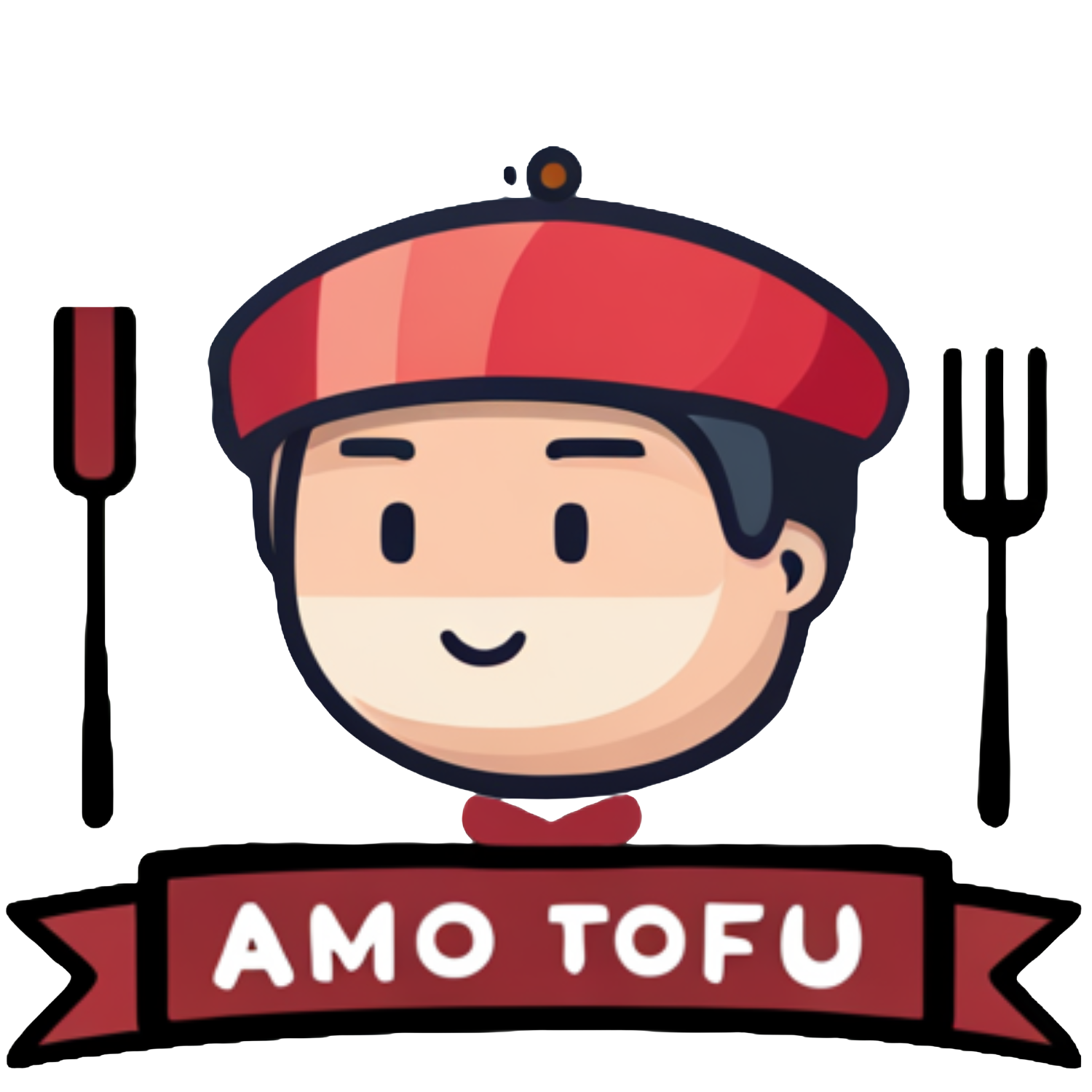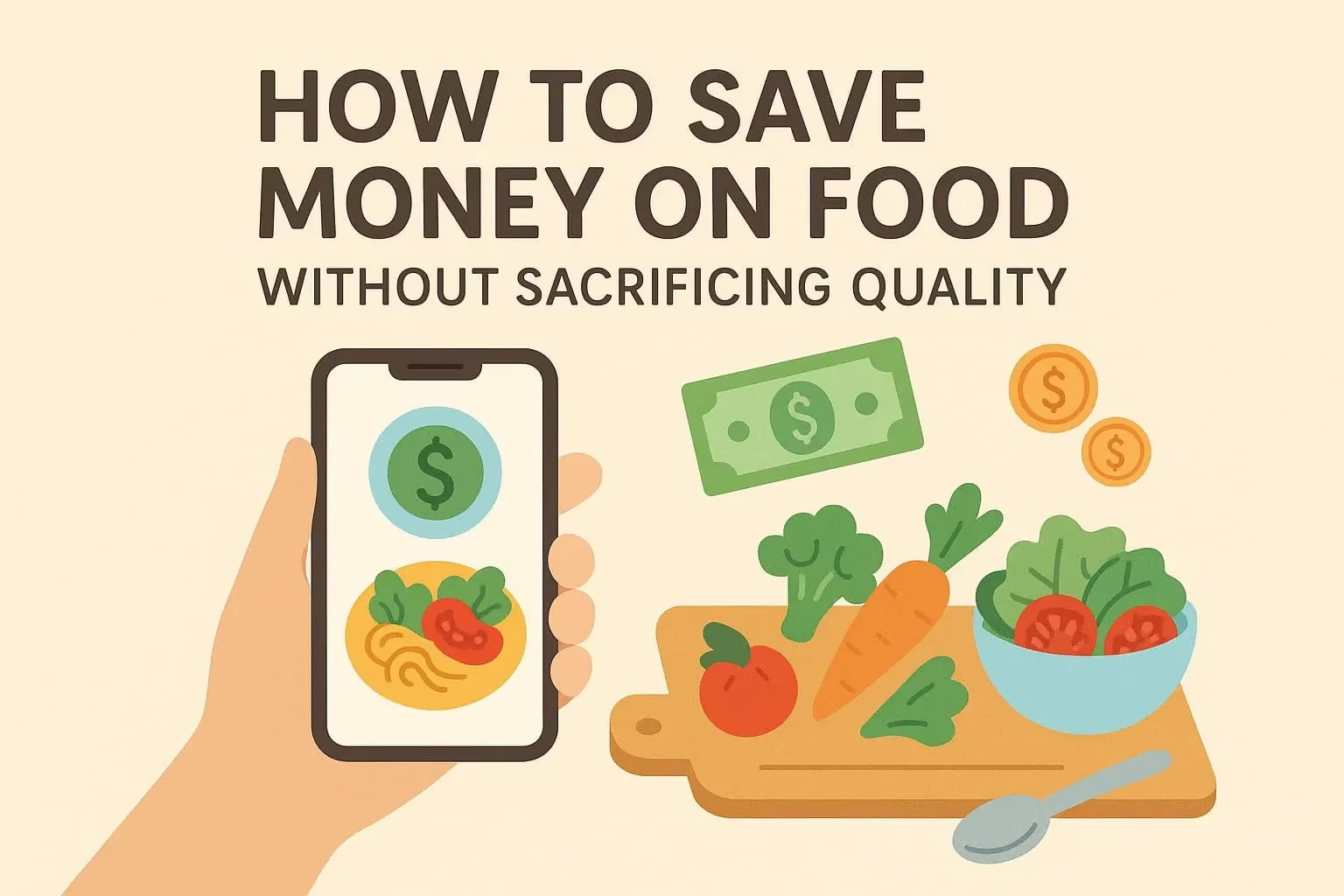Extreme self-care has gained popularity in recent years, but with that popularity comes a flood of misinformation. Many people misunderstand what it really means — and because of that, they either dismiss it or approach it in a way that ultimately doesn’t serve their well-being.
In this article, we’ll debunk the most common myths about extreme self-care, helping you let go of guilt, perfectionism, and misconceptions that might be holding you back from truly taking care of yourself.
Myth #1: Extreme Self-Care Is Selfish
This is the most damaging myth of all. Many of us were raised to believe that putting ourselves first is wrong — especially if others rely on us. But here’s the truth: you can’t pour from an empty cup.
Taking care of your physical, emotional, and mental well-being makes you more available to the people you care about, not less. It allows you to show up with clarity, calm, and kindness — rather than resentment, fatigue, and stress.
Truth:
Extreme self-care isn’t selfish. It’s foundational. It helps you become a more balanced, emotionally healthy person who can give from a place of fullness, not depletion.
Myth #2: It Requires a Lot of Money
People often associate self-care with spa days, luxury skincare routines, expensive therapy sessions, or wellness retreats. While those things can be part of self-care if they’re accessible, they’re not necessary.
The heart of extreme self-care is intention — not investment. Some of the most transformative self-care practices are completely free.
Truth:
You can practice extreme self-care through journaling, setting boundaries, saying no, meditating, walking in nature, or simply resting. No fancy tools required.
Myth #3: It’s Just About Physical Health
When most people think of self-care, they think of diet, sleep, and exercise. While those are important, extreme self-care includes emotional, psychological, spiritual, and relational well-being too.
That means caring for your nervous system, releasing toxic relationships, healing old wounds, spending time alone, and nurturing joy.
Truth:
Self-care is holistic. It’s about tending to your entire self — not just your body, but your mind, heart, and soul.
Myth #4: You Have to Earn It
Many people treat self-care like a reward for productivity. They only allow themselves to rest or relax after crossing everything off their to-do list — and if they don’t, they feel guilty for stopping.
This approach is deeply harmful because it trains you to believe that you’re only worthy of care when you’ve performed well.
Truth:
You don’t need to earn rest. You don’t need to prove your value before giving yourself compassion. Self-care is not a reward — it’s a right.
Myth #5: It Means Cutting Everyone Out
Extreme self-care often involves setting strong boundaries and reducing contact with toxic people. But that doesn’t mean isolating yourself or cutting off everyone who disappoints you.
Some people misinterpret self-care as a license to avoid discomfort, conflict, or responsibility. In reality, it’s about being honest, intentional, and courageous in relationships.
Truth:
Extreme self-care helps you maintain relationships that are mutual, respectful, and nourishing — not perfect. It’s about creating space for healthy connection, not just solitude.
Myth #6: You Have to Follow a Perfect Routine
There’s a big myth that if your self-care doesn’t look like an Instagram-worthy morning routine, you’re doing it wrong. The truth is, life is messy — and your self-care doesn’t have to be structured, aesthetic, or consistent every single day.
Some days, self-care looks like journaling and yoga. Other days, it looks like staying in bed and doing nothing. That’s okay.
Truth:
Self-care doesn’t need to be perfect. It just needs to be present. Do what you can, with what you have, and release the pressure to do it all “right.”
Myth #7: It’s Only for Women
Because the self-care industry often targets women (especially with beauty products), some people assume it’s a feminine concept. As a result, men and non-binary individuals may feel excluded or ashamed to prioritize their needs.
But self-care is human. Everyone deserves to feel safe, seen, and nourished — regardless of gender.
Truth:
Extreme self-care is for anyone who wants to live a healthier, more intentional life. There is no gender barrier to peace, healing, and self-worth.
Myth #8: It’s Lazy or Indulgent
We live in a culture that glorifies hustle. Productivity is often seen as the ultimate goal — and anything that slows you down is labeled as laziness. But that mindset leads to burnout, disconnection, and emotional numbness.
Self-care is not about indulgence. It’s about sustainability. It helps you pace yourself so you can thrive long-term.
Truth:
Extreme self-care is a powerful form of discipline. It takes courage to rest, to say no, to ask for help, and to honor your body’s limits.
Myth #9: You’ll Always Feel Better Right Away
Self-care isn’t a quick fix. Sometimes, taking care of yourself actually feels uncomfortable in the moment — especially when it involves letting people down, confronting pain, or sitting with hard emotions.
You might feel guilty for saying no. You might feel lonely after setting boundaries. That doesn’t mean you’re doing it wrong — it means you’re healing.
Truth:
Self-care is a long-term investment. The benefits build over time, even if they don’t feel magical right away.
Myth #10: It’s Optional
Perhaps the most dangerous myth of all is that self-care is optional — something to squeeze in when you have extra time or energy.
But if you want to live a life that’s peaceful, aligned, and sustainable, self-care is essential.
Without it, your relationships suffer. Your creativity suffers. Your health suffers. You suffer.
Truth:
Extreme self-care is not an accessory — it’s a lifeline. You don’t need permission to start. You just need willingness.
Let Go of the Myths, Come Home to Yourself
When you drop the myths about what self-care “should” look like, you create space for what it truly is: a practice of returning to yourself. It’s about listening, honoring, and nurturing your needs — without guilt, comparison, or pressure.
You don’t need perfect routines, permission, more money, more time, or more products.
All you need is the decision to treat yourself like someone worth caring for — deeply, radically, and consistently.






